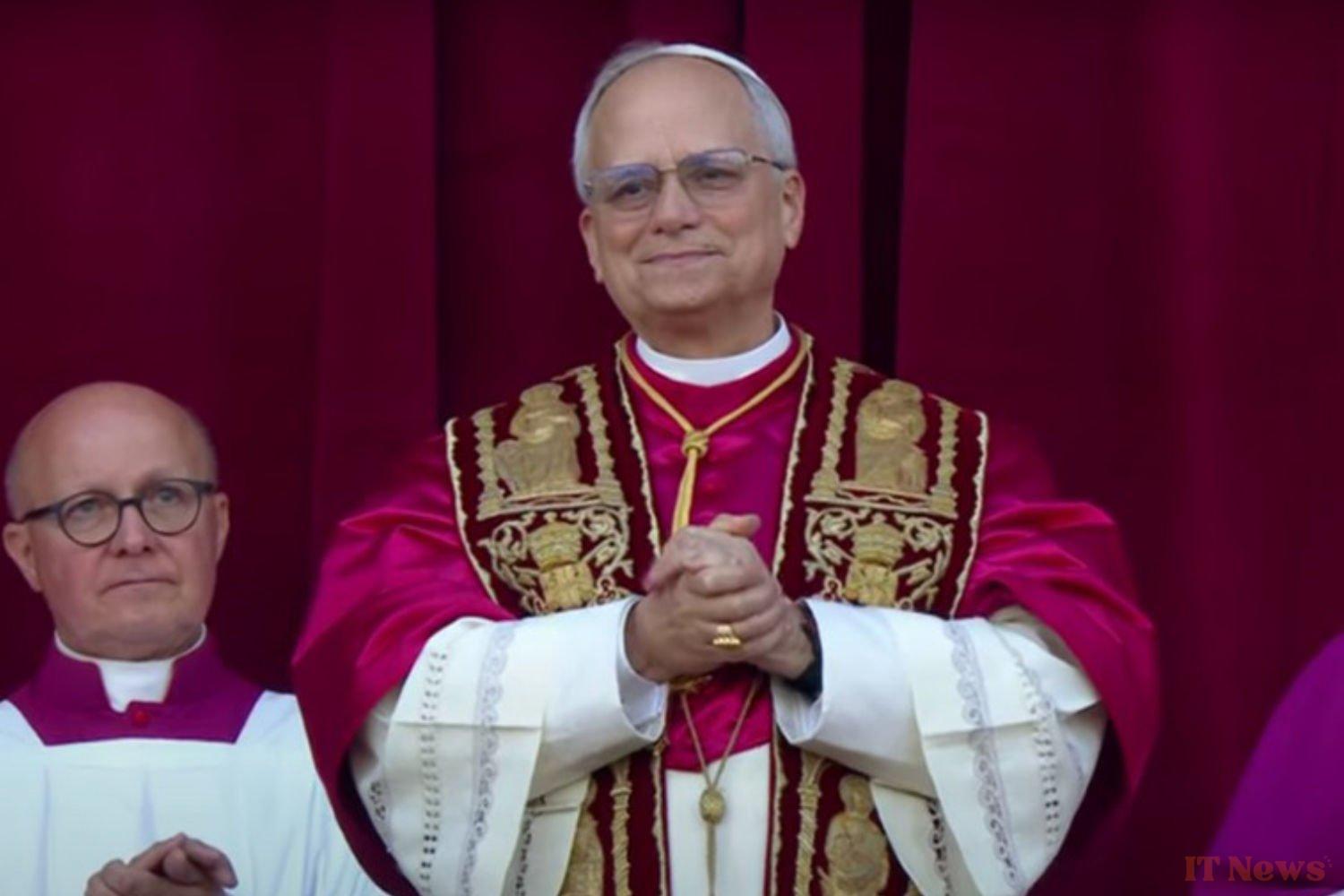In a conclave, nothing is trivial. The choice of a new pope, like that of his name, is a process that owes nothing to chance. Regarding the recent sovereign pontiff, Leo XIV, this title obviously refers to Leo XIII, the Holy Father of the late 19th century, in the midst of the industrial revolution.
During his first speech before the cardinals, Robert Francis Prevost explained his decision. Leo XIII was a figure of his time, a patriarch who had left his mark on his century, notably with the publication of his encyclical "Rerum Novarum," thoroughly modernizing the Church.
This pope was committed to many public issues, starting with working-class conditions. A guardian of human dignity who undoubtedly adhered to socialist ideas, Leo XIII was highly respected and listened to. During his inaugural speech, Leo XIV assured that he wanted to "continue on this same path."
AI: The Challenge of the 21st Century
It's a certainty. Although no one really knows how yet, artificial intelligence will revolutionize our era. With the arrival of ChatGPT in the public sphere, everyone has become aware of the scope of this technology. Many professions are threatened, directly or indirectly, by the arrival of AI.
In a report on employment in 2025, the International Monetary Forum states that 45% of companies will be forced to reduce their payroll in favor of AI and the automation of certain tasks. At the same time, the International Labor Organization published a report in 2024 on the very precarious living conditions of AI "creators."
The Church wants to become even more involved
The desire of the new sovereign pontiff Leo XIV to tackle these contemporary issues head-on is not unprecedented. His predecessor, Pope Francis, had already addressed this subject on several occasions. Last year, he questioned the usefulness of artificial intelligence.
For him, it only brought a "distortion of reality through partially or completely false stories, believed and disseminated as if they were true." In his last public address before his death, Pope Francis raised several questions, notably on the impact of new technologies on our "human relations."
Having just begun his term, Pope Leo XIV seems to want to follow this critical line. The Catholic Church may have lost some of its political power over the past 200 years, but it retains a strong power of communication. The Vatican recognizes 1.3 billion baptized people worldwide.



0 Comments